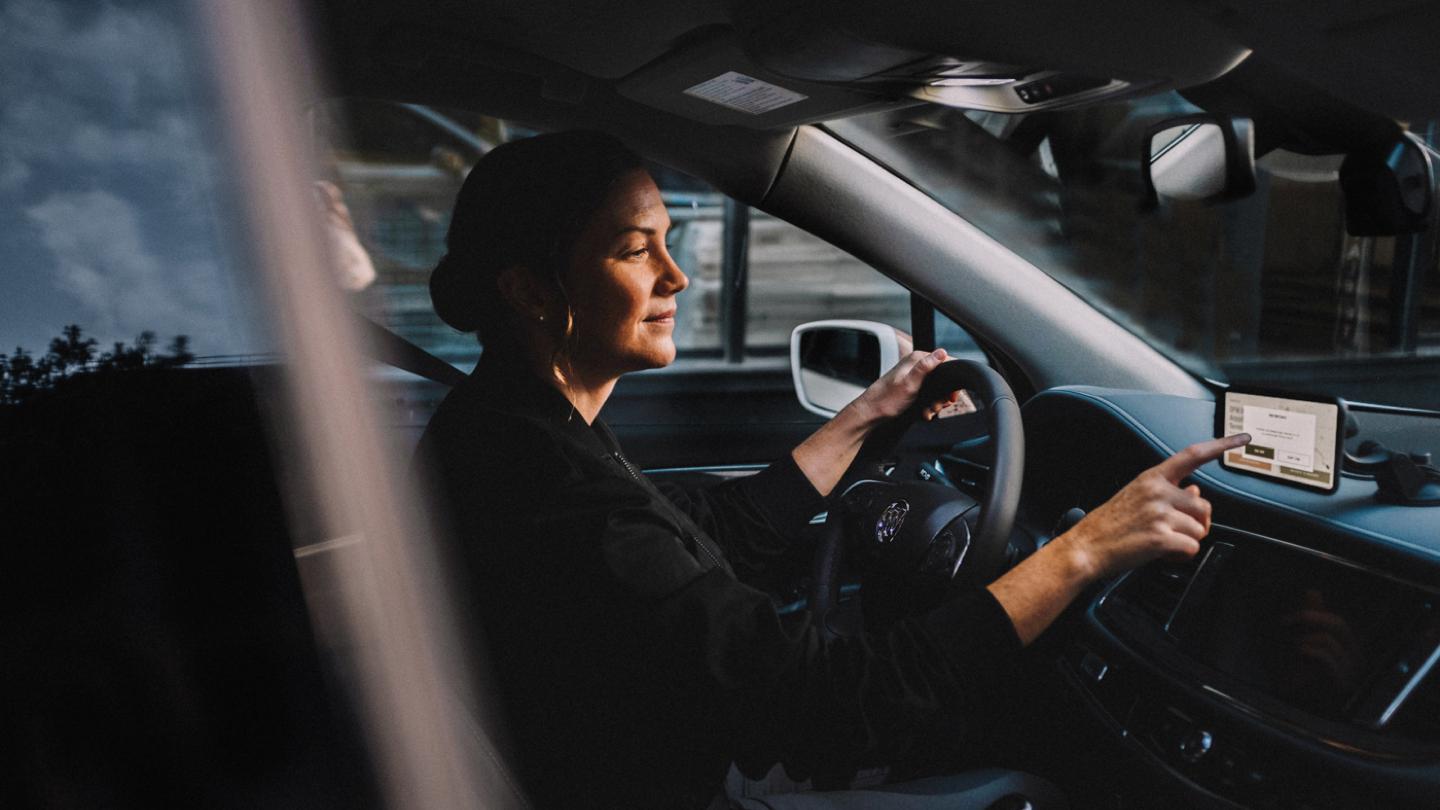
Alto ↗Reimagining the Ride Ahead
In 2018, ride-hailing apps had become part of the everday fabric for many people, but with more ridership came more controversies around rider safety and gig-worker exploitation. With a seed round of funding under their belt, Alto's early team came to frog with the proposition of designing and building a uniquely differentiated ride— a black-car experience run by an employed team of drivers.
I was a part of an extensive team of strategists, designers, and developers helping Alto build a company from the ground up, starting with what would eventually be the first iteration of the Alto ride-hailing experience.
Fig 1. Pre-shift checklist synced with playlists and headlights
Overview
A Fresh Opportunity
Our goal for the project was to launch an MVP in the Apple App Store in 8 months. As frog's largest Ventures project at the time, Alto entailed a full-service product launch where we would need to develop a brand from scratch, build both a consumer-facing app and a driver-facing app, and work with vendors to secure a team of drivers and vehicles.
Our shared goal was to create a company and a product that reflected an elevated ride-hailing experience— to create a consistently exceptional user experience where passengers could feel safe and assured.
My Role
As an intern at the time, I was responsible for developing the front-end of the driver application which functioned as the control center for the in-car experience. I collaborated closely with designers, informing them of technical limitations and acting as a sounding board for design decisions.
Fig 2. Shift waiting screen with flexible break options
Fig 3. Drivers can adjust vehicle vibe before picking up a passenger
Process
Building From the Ground Up
A core tenet of the brand was creating an elevated passenger experience. That experience meant that drivers should feel like concierge staff— a part of a prestige brand, providing a premium experience to riders. Their app should feel easy and familiar to use, be quickly navigable, and reflect the same brand premise as the passenger app.
An earlier team had conducted on-the-ground research to identify what target consumers would value most in a premium ride-hailing service. Key takeaways were:
- Passengers wanted an easier way of identifying their vehicle
- Passengers wanted the option to let the driver know their preferred experience— a silent ride or a lively one
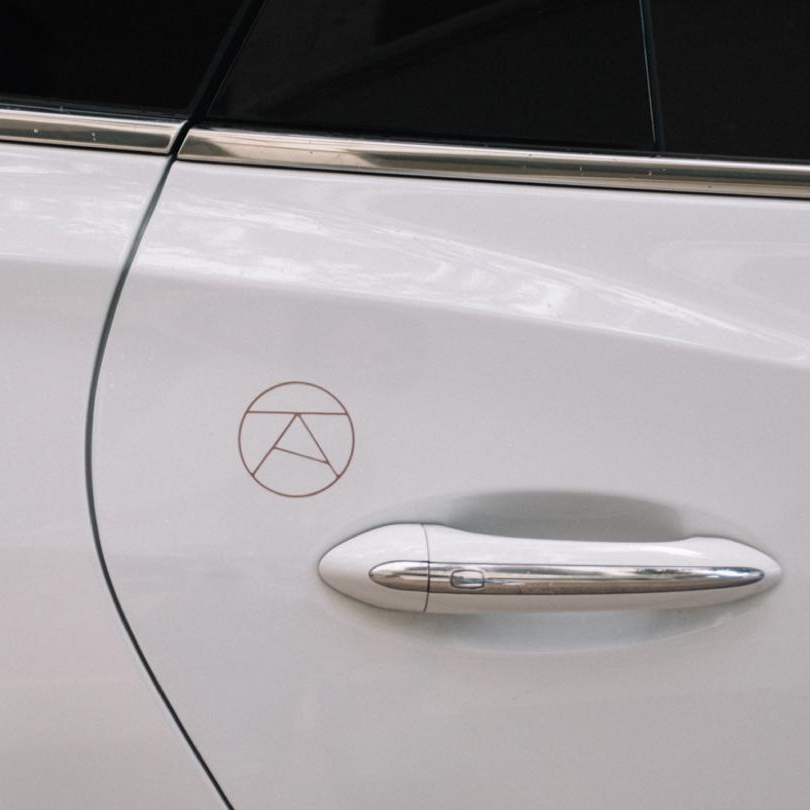
Fig 4. Subtle touches reinforce brand messaging
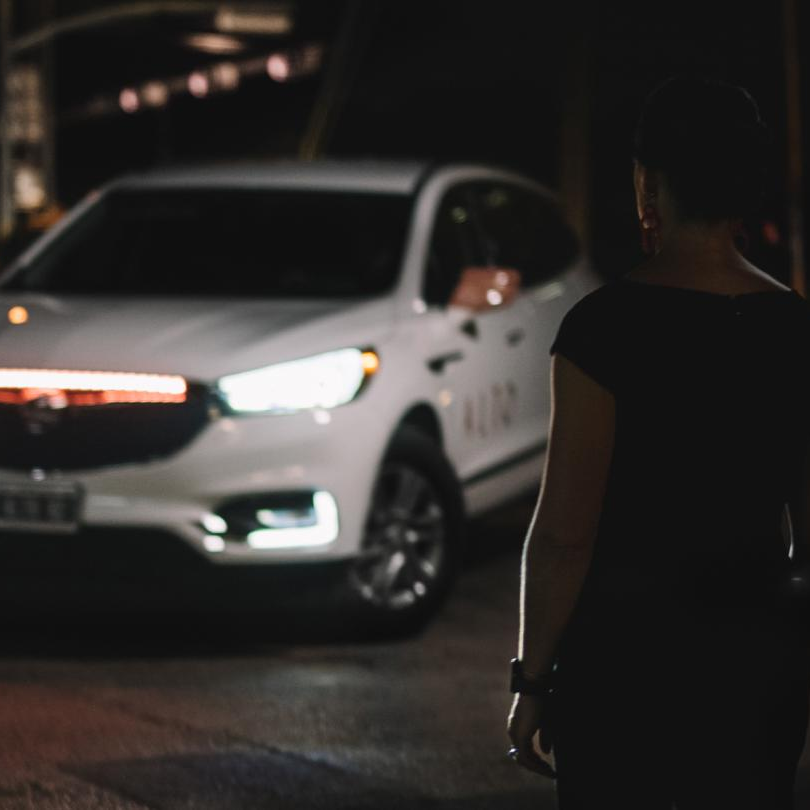
Fig 5. Colored headlights allow for vehicle identification at a distance
Applying Research
Each vehicle in the Alto fleet is equipped with a Samsung phone with the driver app synced to that particular vehicle. The app was built with self-advancing screens synced with the passenger's trip to minimize the driver's distractions on the road. The app also features integrated hardware features that include the ability to toggle between curated playlists and programmed headlights for passenger wayfinding.
As the sole design technologist on the driver app, I worked with a designers to concept and implement these features into our application, and worked with senior technologists to integrate APIs and hardware features.
The Technology
The app was built in React Native with a GraphQL application layer which pulled from the same database as the passenger app. The crux of the driver app, the pickup to dropoff flow, utilized both the Google Maps API in conjunction with BestMile to optimize for trip efficiency and to offer an easily recognizable, frictionless interface for drivers.
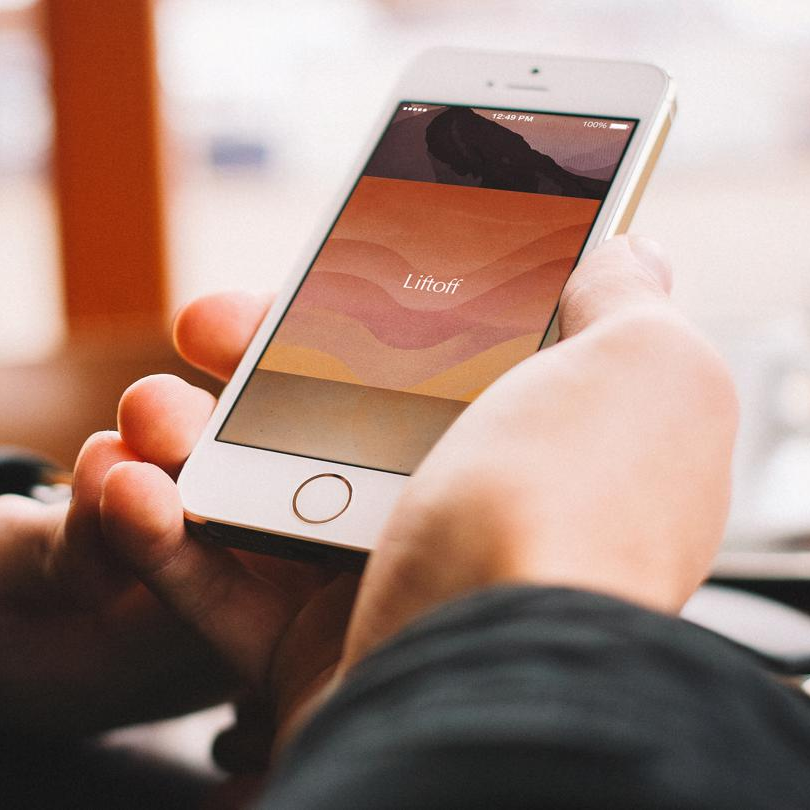
Fig 6. Passenger app vibe selection
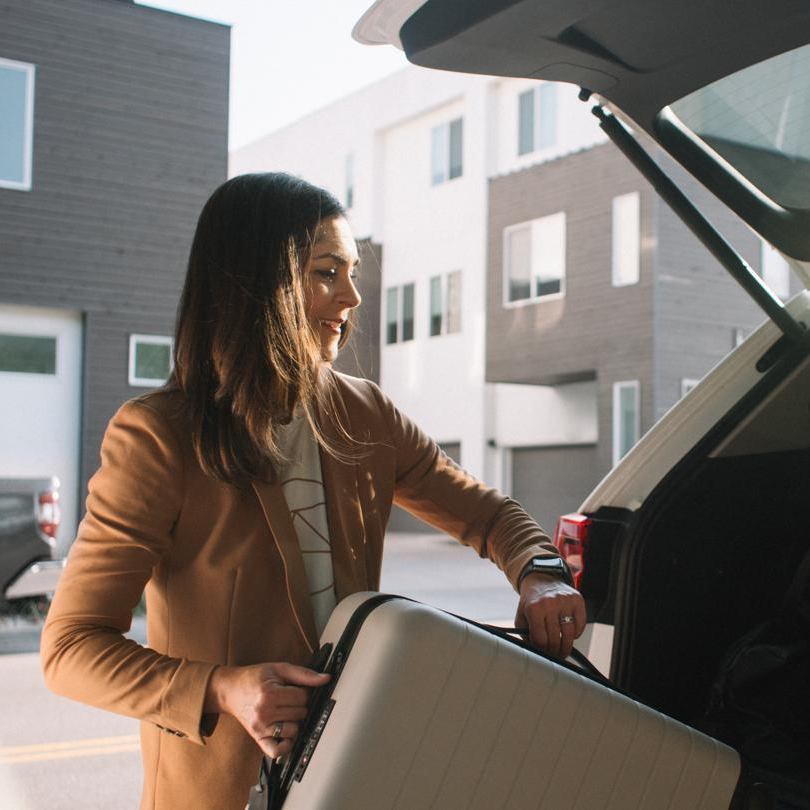
Fig 7. In-person brand experience
Outcome
Impact and Growth
The development of the driver application was a collaborative joint process between developers, visual and interaction designers, and product managers to ensure that the app was easily navigable for drivers on the go, but also reflected the beauty and simplicity of the brand system we established.
Onwards and Upwards
- October 2018 Alto debuts at the Paris Motor Show, the most visited auto show in the world
- December 2018 Alto launches in Dallas, TX as a part of a larger multi-city growth strategy
- January 2019 Alto raised $14.5M Series A